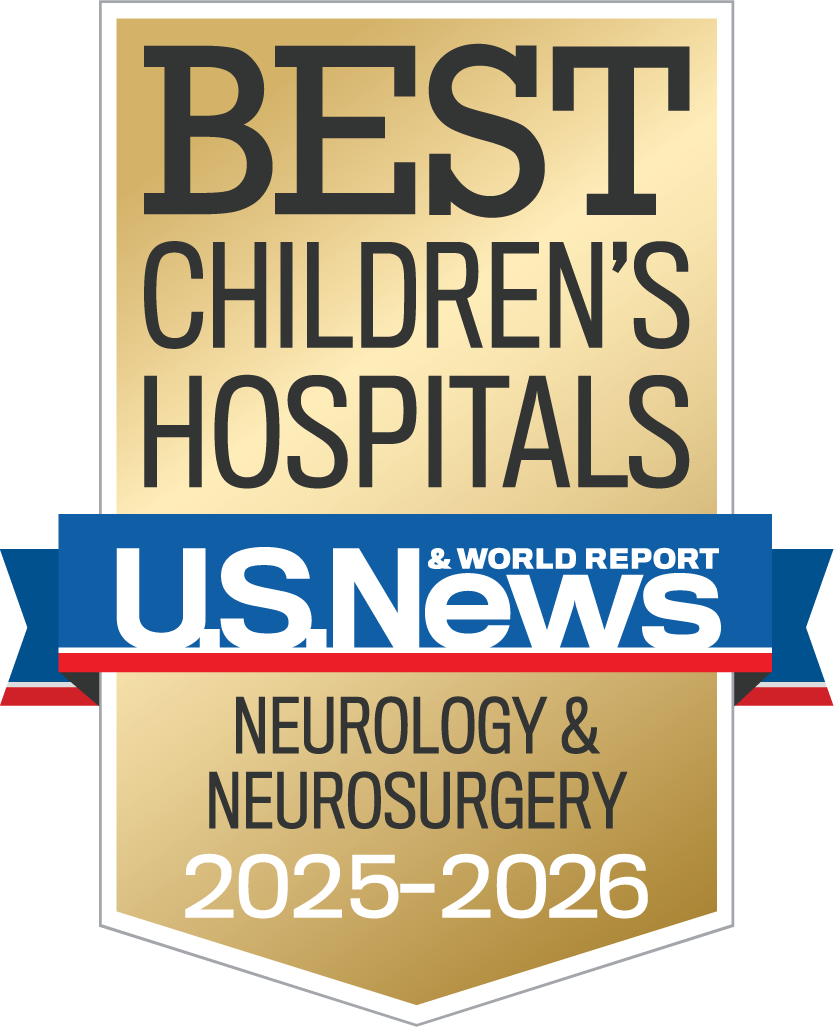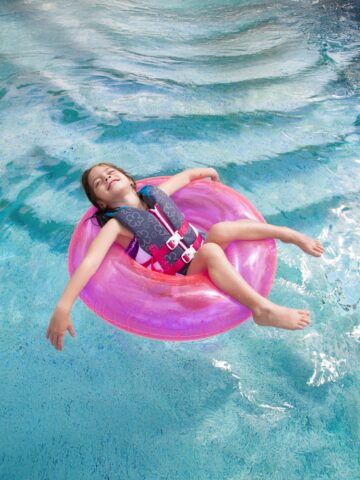When you’re a parent, you want the best for your child in every way. We know an unexpected epilepsy diagnosis can be scary. At CHOC, we deal with the unexpected every day, and have helped many families navigate life after a new epilepsy diagnosis. Here, we share a list of some of the frequently asked questions our epileptologists receive from their patients’ families.
Please allow for 5-7 days to complete the request, especially for special order medications or controlled substances. Medication refill request should be faxed by your pharmacy to (855) 246-2329.
Please bring any school, IHSS (In Home Supportive Services) or state forms to the clinic visit for completion. On average, it takes two weeks to get your forms completed and returned to you.
When your child’s seizures are under good control, regular physical activity is good for them. However, your child should avoid sports that involve climbing to a high location or contact sports that may result in a head injury.
Your child may swim once their seizures are under control, but he or she will always need to have 1:1 adult supervision in the water. Your child should never engage in any type of water sports without adult supervision. The supervising adult should be able to swim and have the strength to carry your child out of the water if the need arises. If there is a lifeguard on duty, inform the lifeguard that your child has epilepsy.
For most children with epilepsy, playing a video game is not a problem. However, some children have seizures that are triggered by light. These are called photosensitive seizures. These seizures may be triggered by flashing lights, such as when playing a video game, watching certain television shows or simply driving past trees on a sunny day. Ask your doctor if your child has photosensitive seizures.
Once your child’s seizures are under control, they may participate in these activities. Your child should always wear a helmet when riding a bike or scooter, when rollerblading, roller skating, or skate boarding.
If your child is of driving age, your doctor will sign the necessary paperwork for the DMV if:
~ Your child has been seizure free for at least 6 months
~ Consistently taking their medications.
*Frequent lab monitoring may be needed to maintain that your child is safe to drive
We have a licensed social worker available to work specifically with the epilepsy team to assist with patient and family needs.
There are advocacy and support groups you can contact that offer help and assistance to families dealing with an epilepsy diagnosis. Please ask your child’s care team for a list of these organizations.
Always speak with your primary care doctor before giving your child any over-the-counter medications. Some over-the-counter medications can lower your child’s seizure threshold (which means a seizure may occur). However, this does not happen with everyone, and there is no way to predict whether a seizure will occur.
Get more expert health advice delivered to your inbox monthly by subscribing to the KidsHealth newsletter here.

Learn more about CHOC’s Neuroscience Institute
CHOC Hospital was named one of the nation’s best children’s hospitals by U.S. News & World Report in its 2025-26 Best Children’s Hospitals rankings and ranked in the neurology and neuroscience specialties.





